Where in the past corporate governance was largely about structures and processes, increasingly the focus is on transparency, accountability, and ethical behaviour, explains Patrick Downes, partner at Governance Ireland
Words by Lorraine Courtney for The Sunday Business Post March 25 2023

The collapse of FTX continues to shake global confidence in cryptocurrencies and the reported corporate-governance failures at the organisation seem truly extraordinary. These failures allegedly include not keeping proper books, records, or controls for digital assets, using software to conceal the misuse of customer funds, and even approving payments via the use of personalised emojis.
A New Emphasis
The corporate control of FTX was in the hands of a small group of relatively inexperienced and potentially compromised individuals. Its collapse provides a timely reminder of the importance of corporate governance, and how it acts as a system of checks and balances. Effective governance has assumed a position of prominence in all well-run organisations, said Patrick Downes, a partner at Governance Ireland.
This is vital, no matter what industry or sector a company is operating in. Whether a company is a tech start-up or a centuries-old institution, the rules are the same.
“Previously defined in terms of structures and process, the emphasis now is increasingly on values, behaviours and organisation culture, with increasing focus on transparency, accountability, and ethical behaviour,” he said.
Looking ahead, several trends are apparent, said Downes. “There is an increasing focus internationally on sustainability and environmental, social, and governance(ESG) factors. Investors and stakeholders now demand that companies take a more active role in embracing issues such as climate change, social justice, and diversity and inclusion.
“Organisations will need to ensure that they have robust ESG policies in place, with transparent reporting to provide assurance to boards internally and stakeholders externally.”
Downes said that the forthcoming Corporate Social Reporting Directive (CSRD) will have a major impact on how organisations go about reporting in the near future.“We are advising our clients as responsive organisations to commence preparations to comply with these new requirements,” he said.
“Similarly, there is a major shift in thinking about acknowledging the value of embracing diversity, equity and inclusion (DEI) and its positive influence on board and wider organisation culture.
“Investors, stakeholders and regulators see the benefits of more diverse boards and leadership teams in the belief that diversity can bring greater agility, innovation and overall effectiveness. We have seen that organisations that prioritise DEI have been shown to gain a competitive advantage and improve stakeholder trust and shareholder value.
“The mandatory gender ratios on state boards already put in place by government and the increasing female representation in senior positions are a step in the right direction, although other strands of diversity remain under par. We are receiving a lot of requests from boards to provide them with midterm competency and skillset audits as part of their corporate governance scheduling cycle.”
New Trends
Another significant trend is the increasing level of risk around use of technology, particularly in the areas of data privacy and cybersecurity.
Downes said that GDPR compliance requirements are for the most part now well embedded. “However, as we see more organisations collect and store sensitive data, they need to ensure adequate safeguards are in place to protect that data from breaches and cyberattack.
“Cyber risk has zoomed up the agenda of all thinking boards,” he said. “Most are now acutely conscious of the need for ongoing vigilance and the need for adequate preventive and resilience measures.
“Apart from technology enhancement and embedding robust risk management, ongoing staff training plays a key role in building an organisation’s defensive wall.Boards need to fully embrace their responsibilities around cyber risk and ensure they receive adequate reporting and assurance and we are seeing some forming cyber risk sub-committees. With a growth industry now forming around cybercrime globally, cyber knowledge will continue to be a highly desirable attribute for any aspiring future non-executive director.
“The new Charity Code and its compliance requirements continues to have major impact in the not-for-profit sector and we have seen major positive efforts by charities to ensure their compliance requirement are fulfilled.
“Given there are over 11,600 registered charities with over 75,000 charity trustees in Ireland, these requirements have had a seismic impact on the general awareness of corporate governance as a critical part of charities’ organisational frameworks.Living the Code has had a very positive effect, underpinning the importance of transparency with stakeholders, a culture of openness and accountability and improving reporting on key performance indicators (KPIs), eg financial performance and impact reporting.
“Increased transparency has been recognised as a key mitigation factor in addressing reputational risk or corporate trust issues by most organisations we engage with.”
Holding Individuals to Account
Across the financial services sector, the introduction of the Individual Accountability Framework (IAF) and the Senior Executive Accountability Regime (SEAR) by the Central Bank will enhance the regulators’ ability to hold individuals to account should contraventions occur in the business area in which they are responsible, said Downes. “We are seeing a lot of activity around this new regime which will require firms to review and overhaul their senior management arrangements, governance and HR processes in order to comply.
“Corporate governance, like every facet of organisation performance, cannot afford to stand still. It will continue to be shaped by wider developments in the social, political, legal, economic and business environment in which it operates,” said Downes.
“The challenge for organisations and boards is to remain vigilant and open to new ways of looking at current and anticipated challenges. Regular review and refreshment will continue to be important in staying ahead of the game and staying clear of the regulator’s attention,” he said.
Across the financial services sector, the introduction of the IndividualAccountability Framework (IAF) and the Senior Executive Accountability Regime (SEAR) by the Central Bank will enhance the regulators’ ability to hold individuals to account should contraventions occur in the business area in which they are responsible, said Downes. “We are seeing a lot of activity around this new regime which will require firms to review and overhaul their senior management arrangements, governance and HR processes in order to comply.
“Corporate governance, like every facet of organisation performance, cannot afford to stand still. It will continue to be shaped by wider developments in the social, political, legal, economic and business environment in which it operates,” said Downes.
“The challenge for organisations and boards is to remain vigilant and open to new ways of looking at current and anticipated challenges. Regular review and refreshment will continue to be important in staying ahead of the game and staying clear of the regulator’s attention,” he said.
Ruth Gaffney Explains
The purpose of the financial regulator is to protect consumers and investors, maintain financial stability and ultimately, the economic well-being of our country, said Ruth Gaffney, managing director, YComply.
“The Irish financial system not only serves the Irish, but it also serves the European and the global economy too,” she said.
On March 9, 2023, the Central Bank of Ireland Individual Accountability FrameworkAct 2023 was enacted. This Act provides for the introduction of the IndividualAccountability Framework (IAF).

Gaffney said that the purpose of this new framework is to improve governance, performance and accountability in firms providing financial services to individual consumers and businesses.
“This Act was brought about as a result of poor governance, lack of consumer-focused cultures and weak structures of accountability,” she said.
“This Act empowers the Central Bank of Ireland to issue regulations requesting that key tasks and key responsibilities are assigned to the appropriate individual.This will clarify to the individual (and in particular the senior executives) the standards that must be met when holding such a senior position. This will enhance clarity as to what an individual is responsible for within a financial services firm.
“The main goal of this Act is to achieve better outcomes for consumers, to instil trust within organisations and the ongoing functioning of the Irish economy, which will lead to more positive outcomes and prevent negative outcomes,” she said.


